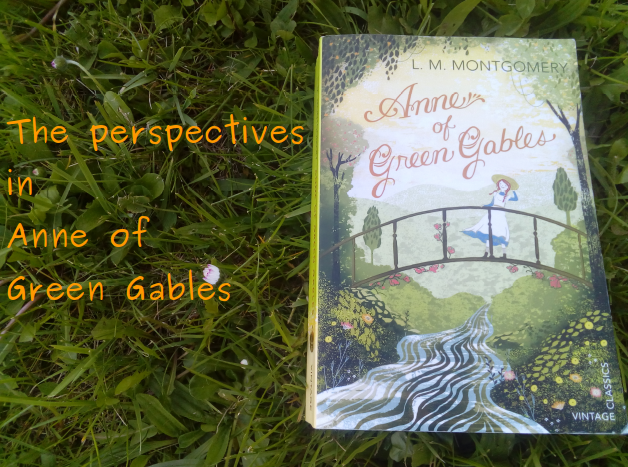
I just recently finished reading the beloved classic Anne of Green Gables by Lucy Maud Montgomery for the first time and found it to be an endearing and fun read. Since it is more episodic than following a certain plot line, it was nothing to finish in one sitting but it definitely was something I liked to go back to.
Before beginning this book I had my doubts, I thought it might be too childish or that the point of view of a child just would not work for me that well anymore. However, I quickly discovered that this book is not only from Anne#s perspective.
Even though Anne did not bother me at all, the addition of an adult perspective of this book was what made this for me.
Marilla‘s Perspective
Marilla Cuthbert becomes the guardian of Anne at the beginning of the novel. Getting the young orphan Anne on her farm by accident, it is her brother Mathew, a shy but kind man, that convinces her to keep the young girl.
Marilla is a strict and practical woman who keeps her feelings and thoughts mostly to herself. That‘s why it‘s so important and beneficial to experience the events from her point of view. While Anne is lively and likes to express herself, we wouldn‘t know what Marilla really thinks if it wasn‘t for that inner monologues.
From what Marilla says, the reader might as well think that some of her actions were not justified and that she is just strict for no real reason, sometimes even mean and that she doesn‘t understand her young ward at all. Reading her thoughts, however, let‘s us know without the doubt that she has good intentions and feels like Anne in many situations. The idea we get of her is that of a motherly and kind woman, who is just not as chatty and feelings-orientated as Anne.
A modern audience could blame her for being to conform with some societal norms, placing their values over what she really believes, but this novel was written in 1908, so I don‘t think too many adult readers back then would have disagreed with her.
The best thing about Marillas‘s point of view, in my opinion, is for children to understand the action of adults, specifically their parents. In a lot of novels for young readers, parental figures are either too perfect and forgiving, if we are supposed to like them, or too strict and mean-spirited without a good reason for their actions, if they serve as an antagonist.
With Marilla, Montgomery walks a fine line between creating a likable, understandable adult in Anne‘s life, but also a cause of conflict. We do not agree with everything Marilla does, but we are allowed to understand her motives.
Anne‘s Perspective
As Anne Shirley grows up, we get more and more of events from solely her point of view. She is full of creativity and energy, likes to express her thoughts and feelings and is over-dramatic at times.
While her first year in the village of Avonlea focuses mostly on her time on Green Gables, where we can examine her through Marilla‘s eyes, as she gets older an increasing number of situations happen outside her direct home and we readers experience more from her perspective.
This perspective is not that much different than the ones from other beloved children book protagonists. There are very black and white opinions, either she adores something or she hates it, very strong feelings and a playful mind. Even though this sounds like a huge change from Marilla‘s point of view, it does not feel that way when reading, since Anne‘s talk has made a huge part of that early chapters as well. I don‘t even feel like I missed Marilla that much when she‘s not in a chapter, since Anne is able to carry it by herself.
Anne has a child-like perspective, but I don‘t see this as an disadvantage for an adult reader. I think we can learn from this this child‘s idea of the world, as well as be amused by it.
Other Perspectives
Sometimes, we even get a look at other character‘s thoughts and feelings, which I think expanded our view of the life in Avonlea even more.
There is, for example, a whole chapter from Mathew‘s perspective, which I adored. Mathew normally doesn‘t talk much, in his most appearances he doesn‘t talk at all. So the only things we know is that he cares for Anne, thinks Marilla is too strict with her sometimes and is the only person who can change his sisters mind. Getting to know him a little better was a great surprise.
I think Montgomery knew very well how to play with the information she gives the reader, regarding the characters she created. Therefore, this book is still an enjoyable read outside the target demographic of children as well as outside the time is was written in.
Even if you don‘t read children's fiction or classic literature that much, this could be a gate to both or even just a feel good read.
This post was upvoted by the Steemit Book Project! The project exists to help make books more available to the world and to promote book-related content on Steemit.
You can read more about the project here. If you write book related posts often, head over to our Discord server (https://discord.gg/h93nHMu) and pop your book post links in the #curation-requests channel.
Hope you have a wonderful and bookfull day!